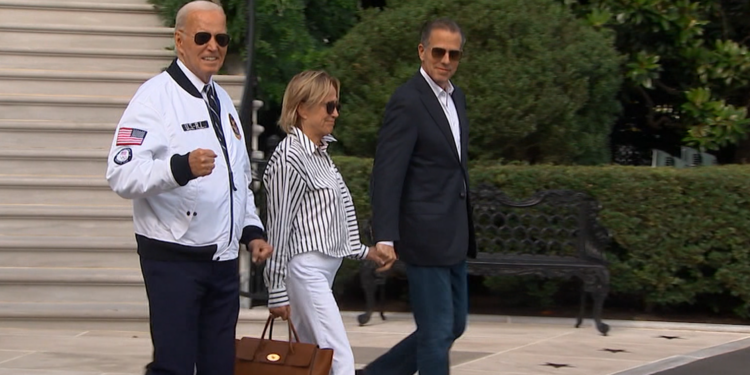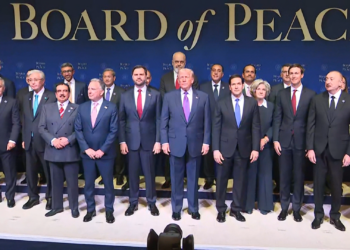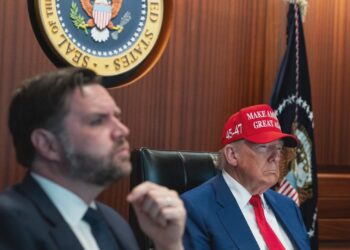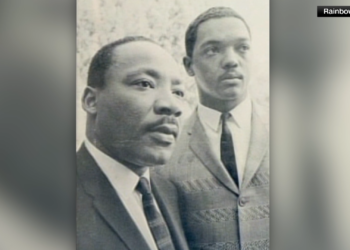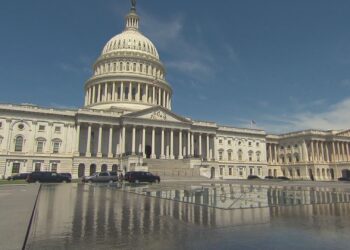By Brendan Scanland
WASHINGTON, D.C. — With a little over one month remaining in his term, President Joe Biden did something he promised he would not do: grant a full and unconditional pardon for his son, Hunter.
The White House said as recently as November 7 that the President would not pardon his son.
“I will not pardon him,” said President Biden on June 13.
“We’ve been asked that question multiple times. Our answer stands, which is no,” said White House Press Secretary Karine Jean-Pierre on Nov. 7.
After months of vowing to stay out of his son’s legal troubles, President Joe Biden announced clemency for Hunter Biden’s actions from January 1, 2014 through December 1, 2024.
“He believed, and what he saw, was that his son was singled out. And so he made this decision. And once he made the decision, which was this weekend, he decided to move forward with it,” said Jean-Pierre on Monday.
In a statement Sunday, President Biden made his case for the pardon, saying Hunter’s charges were politically motivated.
“The charges in his cases came about only after several of my political opponents in Congress instigated them to attack me and oppose my election,” read part of Biden’s statement. “No reasonable person who looks at the facts of Hunter’s cases can reach any other conclusion than Hunter was singled out only because he is my son – and that is wrong.”
The decision sparked criticism from Republicans, and even some Democrats. Senator Gary Peters (D- Mich) called it “wrong” and an “improper use of power.”
“President Biden’s decision to pardon his son was wrong. A president’s family and allies shouldn’t get special treatment. This was an improper use of power, it erodes trust in our government, and it emboldens others to bend justice to suit their interests,” said Peters in a post on the social media platform X.
“In some ways, this is really surprising given that Joe Biden has said that he would not pardon his son and that he promised us a return to normalcy, meaning no politicization of the Justice Department,” said Dr. Todd Belt, Professor and Director of the Political Management Master’s Program at George Washington University.
Belt believes the election outcome, a lame-duck period and new leadership at the Department of Justice (DOJ) next year, were major factors in the President’s decision.
“But in some ways, it’s not surprising, seeing the types of names that we’ve seen floated by Donald Trump and the fact that Donald Trump has said that he directly would go after Joe Biden’s family,” said Belt. “At this point, the consequences of the President’s actions are very, very low because he doesn’t have to worry about those relationships with members of Congress, with governors of states and the like.”
Hunter Biden was convicted on gun charges in Delaware and on tax charges in Los Angeles and could have faced prison time. Sentencing in each case was scheduled for later this month.
President-elect Donald Trump weighed in on the pardon, calling it “an abuse and miscarriage of justice.” Once in office, the President-elect will not be able to undo the pardon for Hunter Biden.

